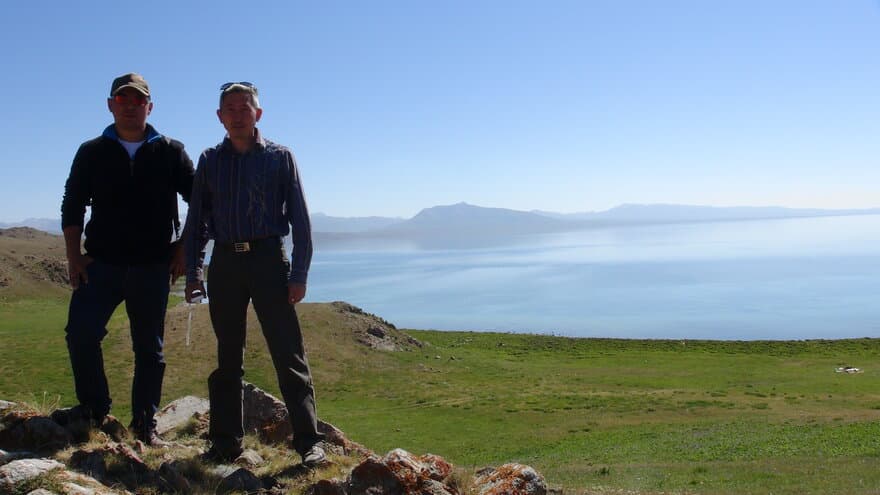I disse dager kan man observere en økt interesse for miljøet på grunn av klimaforandringer. Vi har nådd et punkt hvor våre handlinger påvirker økosystemer over hele verden. Våre verdier og betalingsvillighet definerer våre handlinger og daglige aktiviteter; men hvordan skal man verdsette naturen og økosystemene? Og hva med dem som ikke kan betale? Dette er noen av temaene Rahat Sabyrbekov har sett på i sin PhD-avhandling.
The general topic of this thesis is the environment and its use by humans. This work focuses on the
multifaceted natures of value, diversification strategies and clean fuel transition. The thesis contributes to the existing literature in two ways. The first contribution is methodological; the paper shows new ways to combine monetary and non-monetary approaches in the valuation of environmental goods and services.
The second contribution of this thesis is empirical; as it adds evidence in support of applying the ecosystem service (ES) framework and the importance of considering all ES components in economic analyses. The thesis consists of four independent chapters (called papers) as well as an introductory chapter.
Paper 1 uses a novel approach to conduct a valuation of urban green spaces — it combines monetary and non-monetary values, especially looking at nature relatedness. The study uses three scenarios and contingent valuation to determine citizens’ willingness to pay for urban green spaces. The study was conducted in the context of the Kyrgyz Republic, also called Kyrgyzstan, a developing country with a growing population and a strong demand for grey infrastructure such as roads and housing. The three scenarios deal with the preservation of current public parks, the establishment of new parks and the improvement of green strips along roads. The results of the study suggest that a non-monetary approach to valuation helps to reveal the actual value attached to green spaces by migrants and retired people — two groups whose value-attachment was not captured by assessments of monetary-value-based willingness to pay.
Paper 2 investigates diversification strategies and the factors affecting this in pastoralist communities in Kyrgyzstan. The main research question of the paper seeks to identify which factors lead to income diversification among such communities. The study aims to determine whether the perceived high levels of pasture productivity loss are associated with non-livestock-based activities. Additionally, the reported perceived loss of productivity from the local community was matched against official data. The results show that both poor and wealthier households diversify, but in different ways. The poor diversify in terms of livestock composition while the rich diversify their income.
Paper 3 also looks at pasture degradation in the Kyrgyz Republic but with an emphasis on the economic feasibility of investments into pasture productivity and preservation. Calculating the feasibility of future investment in these pastures is difficult due to the pastures’ open access ownership model and low agricultural productivity. To mitigate this challenge, this paper uses the Ecosystem Services Framework (ESF) to capture all the benefits provided by the pastures. The paper uses results of the ES valuation for cost benefit analysis in three scenarios (business-as-usual, ideal, and realistic) to project the net present value (NPV) of the pastures for the next ten years. The results show that the NPV is positive only if non-market ecosystem services are considered. Hence, social value must be a crucial factor in the policy decision making processes.
Paper 4 focuses on the process of household transition from dirty fuels to clean energy sources. The paper uses household panel data to estimate the factors that affect the decision to switch to clean fuel in Kyrgyzstan. The paper argues that the choice of fuel depends on several endogenous and exogenous factors. Contrary to the conventional wisdom of the Energy Ladder Hypothesis, high income does not lead to a full switch to modern fuel, but rather facilitates the transition to mixed-fuel energy consumption. Factors that increase the chances of a total transition to clean fuel are education and access to gas. By contrast, the number of elderly family members and the size of the house negatively affect the likelihood of transition to clean energy use. These findings support the Fuel Stacking Theory, which states that, with an increase in household income, comes an increase in the number of different fuel types used.
